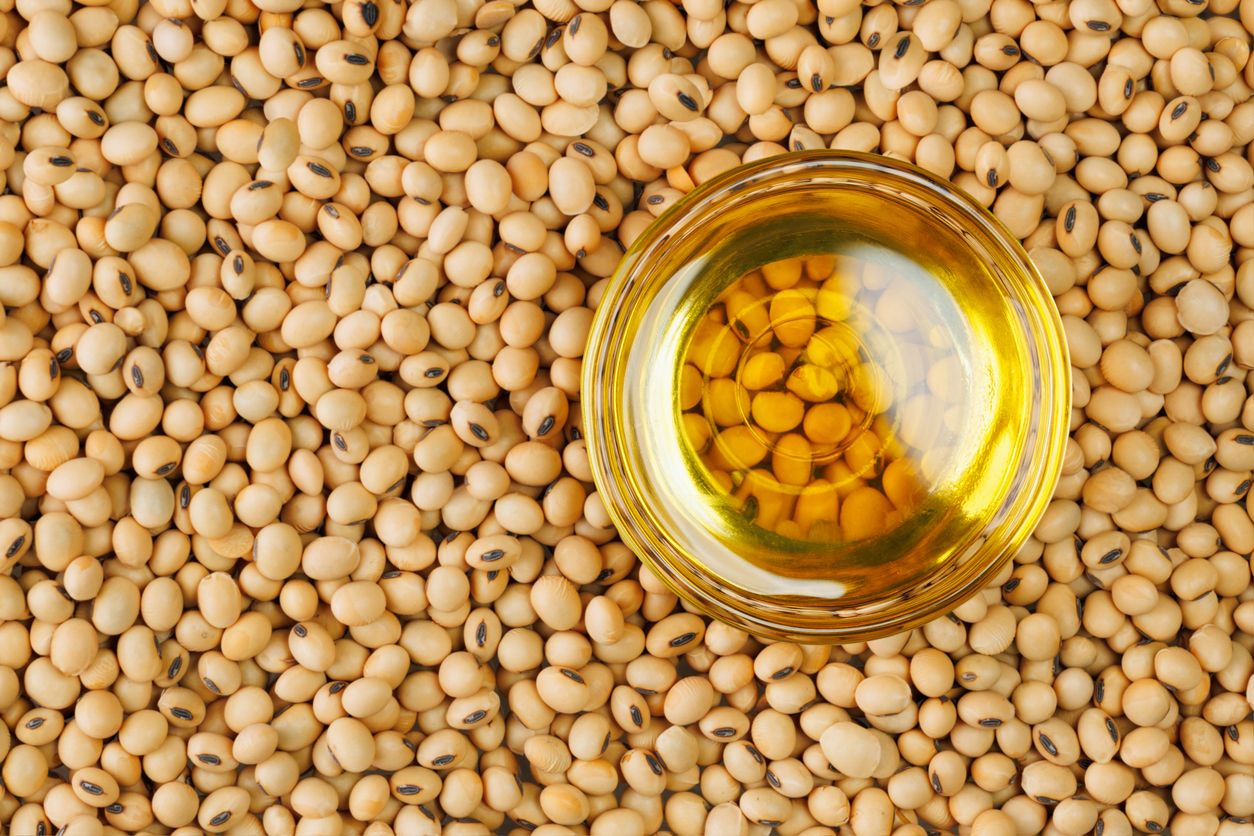How To Export Spices From Nigeria: 5 Steps to Success
How to Export Spices from Nigeria: 5 Steps to Success
Exporting spices from Nigeria can be a lucrative business opportunity given the country’s rich agricultural sector. However, it involves a clear understanding of the processes, regulations, and logistics. Here are five essential steps to help you successfully export spices from Nigeria. For high-quality spices and seasonings, visit Wigmore Wholesale.
1. Conduct Market Research
Overview: Understanding the global demand for Nigerian spices and identifying potential markets is crucial.
Key Points:
- Identify Target Markets: Research countries with high demand for specific Nigerian spices such as ginger, turmeric, pepper, and garlic.
- Market Trends: Stay updated on market trends and consumer preferences.
- Competition Analysis: Analyze competitors and their market strategies.
Sources:
2. Obtain Necessary Licenses and Certifications
Overview: Compliance with local and international regulations is essential for exporting spices.
Key Requirements:
- Export License: Obtain an export license from the Nigerian Export Promotion Council (NEPC).
- Quality Certification: Ensure your spices meet international quality standards. Obtain certifications from relevant bodies like the National Agency for Food and Drug Administration and Control (NAFDAC) and Standards Organization of Nigeria (SON).
- Phytosanitary Certificate: Required to certify that the spices are free from pests and diseases.
Sources:
3. Prepare Documentation
Overview: Proper documentation is crucial to avoid delays and legal issues during the export process.
Required Documents:
- Commercial Invoice: Details of the transaction including price, quantity, and terms.
- Packing List: Describes the contents, weight, and packaging of the shipment.
- Bill of Lading: Provided by the shipping company, it serves as proof of shipment.
- Certificate of Origin: Confirms that the spices are produced in Nigeria.
- Phytosanitary Certificate: As mentioned above, certifies the spices are pest-free.
Sources:
4. Secure Logistics and Shipping
Overview: Efficient logistics and shipping arrangements ensure timely delivery of your spices to international markets.
Key Points:
- Choose a Reliable Freight Forwarder: Select a reputable freight forwarder experienced in handling agricultural products.
- Shipping Method: Decide between air freight and sea freight based on cost, volume, and delivery time.
- Insurance: Insure your shipment to cover potential risks during transit.
Sources:
5. Marketing and Selling Your Spices
Overview: Effective marketing strategies can help you reach a wider audience and increase sales.
Key Strategies:
- Online Presence: Develop a professional website and use social media platforms to market your spices.
- Trade Shows and Expos: Participate in international trade shows and expos to showcase your products.
- Distributors and Retailers: Partner with local distributors and retailers in your target markets to expand your reach.
Sources:
Conclusion
Exporting spices from Nigeria involves thorough market research, obtaining necessary licenses, proper documentation, efficient logistics, and effective marketing strategies. By following these steps, you can successfully tap into international markets. For high-quality spices and expert assistance, visit Wigmore Wholesale.








LEAVE A COMMENT
You must be logged in to post a comment.